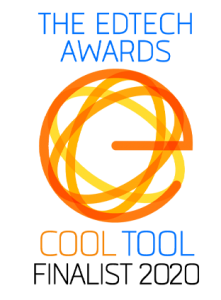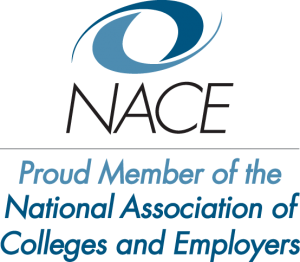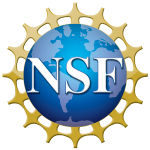Just about anyone who has looked long and hard for a job can tell you how painful the process can be. Hours and hours are sunk into scouring job boards, circling endless employer displays at job fairs, revising that dreaded resumé, and making countless phone calls that will undoubtedly go unreturned. The process is hard when it takes weeks, but when weeks become months and months stretch into a year or more, it’s downright demoralizing. Isn’t there a better way to do this?
Now imagine this: You log onto a website and take some brief assessments of your values, interests, and personality. After you take the assessments, you receive some feedback that helps you think through what type of job will offer the kind of environment you need to be satisfied in your career. Then, a few weeks after you first log in, you receive a message: “You have been identified as a good fit for a position with Company XYZ. To learn more about this position and Company XYZ, click here. If you are interested in being a candidate for the position, click here.” Why did you get this message? Because a matching algorithm determined that your particular pattern of assessment scores fit well with the position and the culture of Company XYZ. You express your interest with a click, and a few days later you are talking with a hiring manager at the company. Everything you learn about the job tells you it’d be an outstanding fit, which makes it easy to accept the position when it is offered to you. All this, and you never even sent them a resumé.
Is it too good to be true?
Hardly. The notion of using these matchmaking algorithms is catching on fast, because the status quo is woefully broken. Think about it. Whatever process most employers use now to recruit applicants results in a huge pile of resumés, all carefully tailored (and most probably exaggerated) to emphasize their fit for whatever open position is in the mix. Someone has to go through all those and identify a small group of candidates to interview. How likely is it that the candidates they identify are really the ones that will fit the position and the company the best? Then, typically, a hiring manager goes with a gut feeling on a candidate based on how well the interview goes. Sadly, an unstructured interview is no more effective a predictor of job performance than a candidate’s score on a 10-item personality measure, and it is less effective a predictor than scores on a standard IQ test. Yet resumés and an interview (and often little to nothing else) are industry standard. No wonder two-thirds of American workers are disengaged and dissatisfied.
The challenge, of course, is ensuring that the matching algorithm is actually effective—a better predictor of outcomes than the status quo, and fairer to job applicants. Fortunately, there is science available to inform these efforts, including decades of research on the predictive validity of person-environment fit. Although not every “eHarmony for jobs” start-up promising a matching scheme appears to draw from that body of research, the bar set by the status quo is so low that any well-informed strategy that incorporates the best of this research into its services is almost assured to provide a better rate of successful hires—which means a significant cost savings for employers, and a lot more satisfied employees, a.k.a. happy people.
jobZology is leading the way in applying predictive analytics to achieve this “win-win” scenario in which job-seekers are finding opportunities that fit them well, and organizations are finding the people they need to advance their goals. The science is there to support the match; harnessing it to produce solid outcomes is a no-brainer. Will an algorithm connect you to your next job? If you are one of the two-thirds of people toiling in a job you can’t stand, or a hiring manager struggling with a high turnover rate, then let’s hope so.
*An earlier version of this post appeared in acculturated.com







